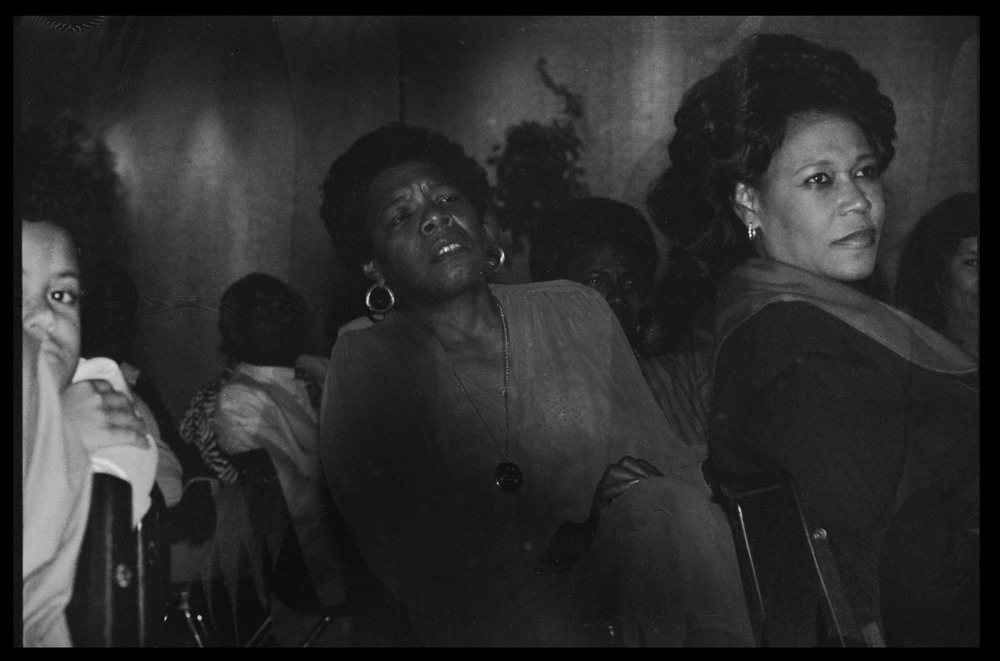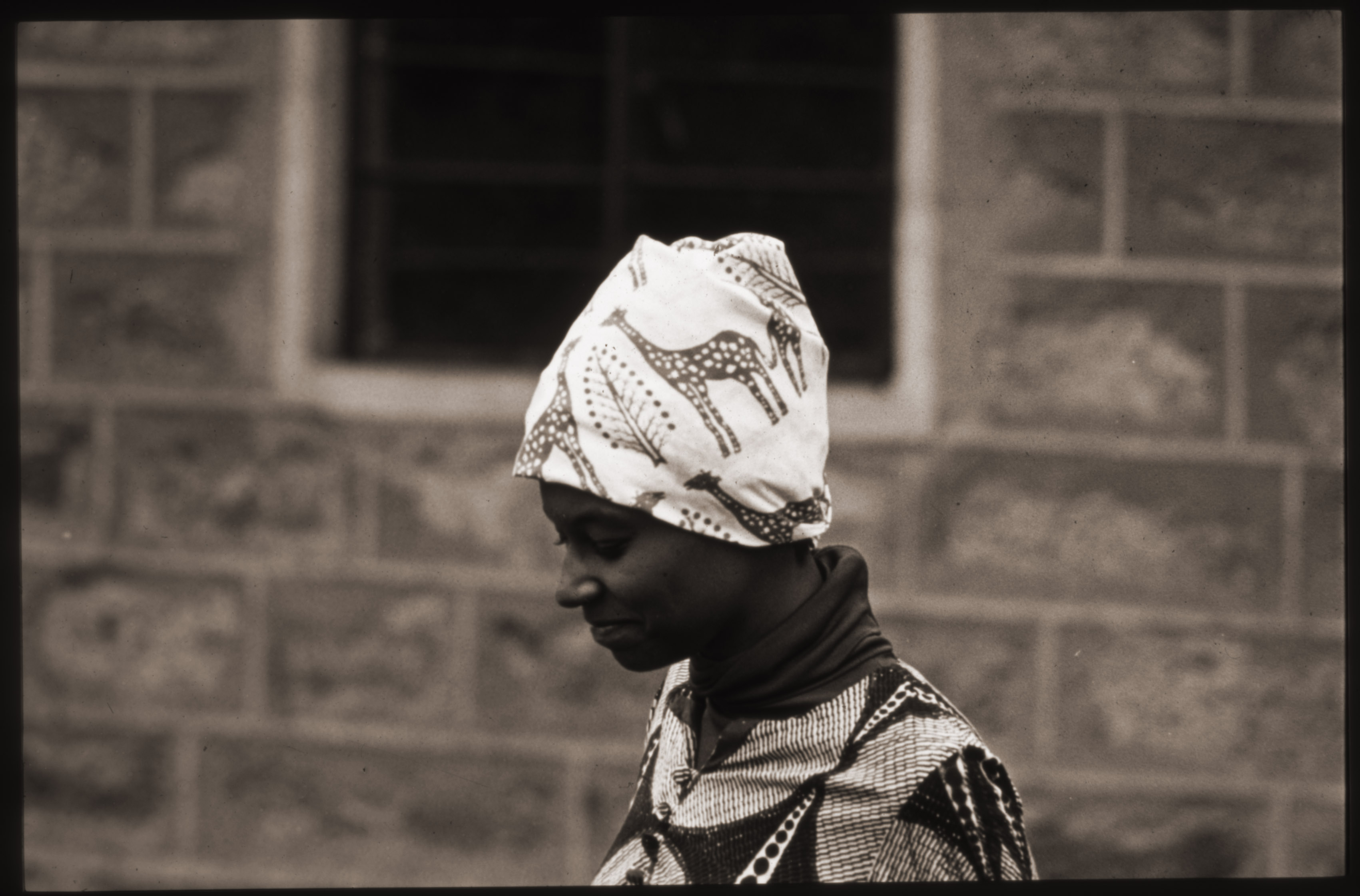Irma McClaurin Black Feminist Archive

The Irma McClaurin Black Feminist Archive (BFA) is an archival home for Black women and their allies. Founded by Dr. Irma McClaurin, Black feminist anthropologist, academic administrator, award-winning poet and author, past president of Shaw University and leader in higher education, the BFA seeks to identify Black women from all walks of life who are artists, activists, and academics but may not be well known, and document their wide array of contributions at many levels: community, state, national, and global. In addition to being an ongoing resource for academic and community researchers, the BFA also aims to be a training center, where Black archivists can actively participate in their own history and uplift and protect the endangered legacy of Black women. Articles about Dr. McClaurin and the BFA have appeared in the Massachusetts Daily Collegian, UMass Magazine and on the the Black Presence website. Her article, “Black Women, Visible and Heard,” published in UMass Magazine was highlighted when the publication received the Gold level CASE award in 2022.
The BFA is an umbrella collection, made up of a growing and diverse group of collections documenting Black women, allies, movements, and organizations. Highlights include the papers of renown anthropologists Sheila Walker and Carolyn Martin Shaw; Belizean writer Zee Edgell; activist and educator Cheryl Evans, who founded the Black Pioneers Project documenting the experience of Black students at UMass Amherst during the late 1960s; Lawrence (Larry) Paros, a UMass alum and forerunner of the Alternative Education movement in America, past director of the 1968 Yale Summer High School (YSHS); and the papers of Dr. Irma McClaurin, BFA founder, which include her photographs of iconic Black figures. The development of the BFA has been supported by two grants from the Wenner Gren Foundation: The Historical Archive Grant and The Global Initiative Grant (GIG) for “The Black Feminist Archive Pandemic Preservation Project of Black Women Practicing Anthropologists” project
Collections include:
- Zee Edgell Papers
- Cheryl Evans Papers
- Irma McClaurin Collection
- Lawrence Paros Papers
- Carolyn Martin Shaw Papers
- Audrey Smedley Papers
- Sheila Walker Papers
- Mae Upperman Collection
- Deborah Johnson-Simon Papers
- Roderick and Melanie Bush Papers
- Edith Renfrow Smith Papers
- Delores Walters Papers
- Kesho Scott Papers
- Jamie LeShaé Jenkins Collection


